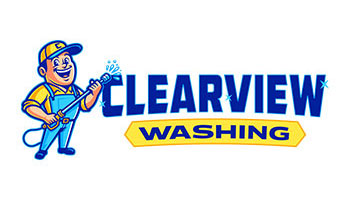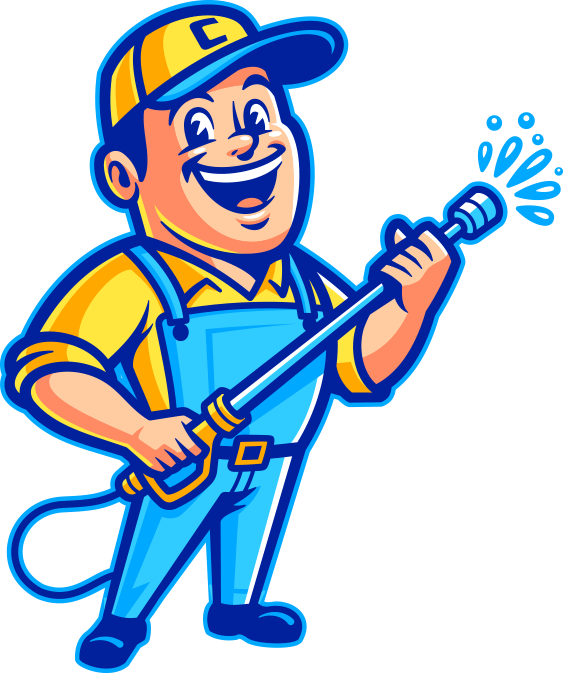Revamp Your Home’s Exterior with Home Power Washing
Are you thinking of giving your home’s exterior a facelift? Home power washing is the perfect solution for sprucing up the outside of your house while removing stains and dirt that accumulate over time. Not only does power washing provide an effective way to renovate worn out walls, but also it helps protect against future aggravation by minimizing the amount of manual labor required to maintain your home’s appearance. Whether you’re in need of a one-time clean or regular maintenance, learn all about what a power wash can do for you!
What is Power Washing and How It Can Help Revamp Your Home’s Exterior
Power washing, also known as pressure washing, is a cleaning process that uses high-pressure water spray to remove loose paint, mold, grime, dust, mud, and dirt from surfaces and objects such as buildings, vehicles, and concrete surfaces. This method is particularly effective for large, exterior surfaces where other cleaning methods can be ineffective and time-consuming.
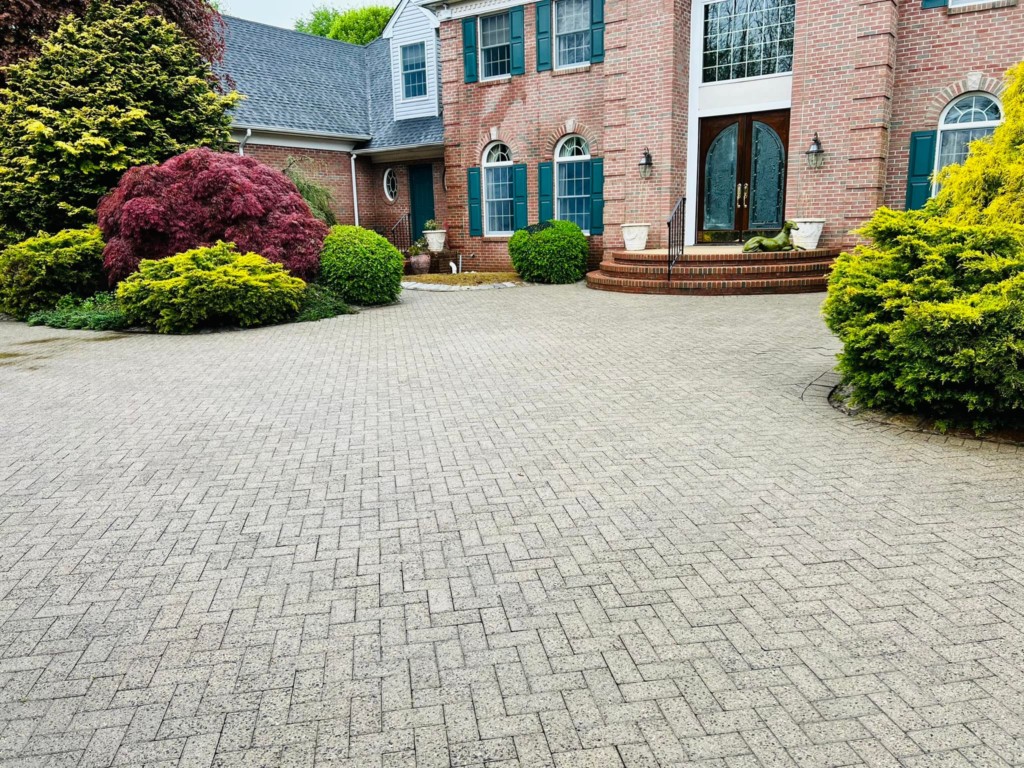
Home Power Washing
Power washing can significantly revamp your home’s exterior by reaching those hard-to-reach areas and removing stubborn stains that traditional cleaning methods might miss. It can clean and brighten fences, play equipment, and more. It can make your home look fresher and more appealing without the need for expensive renovations or repaints. Furthermore, power washing can also help to prevent rot and decay, which can lead to costly repairs down the line. In short, power washing is a cost-effective and efficient way to increase your home’s curb appeal and longevity.
Benefits of Power Washing Your Home
Power washing offers multiple benefits that contribute to the upkeep and enhancement of your home’s exterior. Here are some of the most significant advantages of power washing:
Improves Curb Appeal: Power washing can drastically improve the curb appeal of your home. Whether you’re planning to sell or just want to be the envy of your neighborhood, a clean, bright exterior is certainly more attractive.
Prevents Damage: Over time, grime, dirt, and algae can cause serious damage to your home’s exterior. Regular power washing can help prevent these substances from causing long-term issues.
Prepares Surfaces: If you’re planning on painting or re-staining your home, power washing is an essential first step. It provides a clean surface for any paint or stain to adhere to, ensuring a smoother, more effective application.
Saves Time: Traditional cleaning methods are laborious and time-consuming. Power washing, on the other hand, achieves better results in a fraction of the time, freeing you up to focus on other tasks.
Health Benefits: By removing potential allergens and toxins from your home’s exterior, power washing can help protect the health of your family.
In conclusion, power washing is not just a simple cleaning routine. It’s an investment that pays off in the preservation of your home’s exterior, the appearance of your property, and even the health of your family.
Preparing for Power Washing
Before you power wash your home, it’s vital to prepare adequately to ensure efficient cleaning and avoid any potential damage to your property. Here are some preparatory steps to consider:
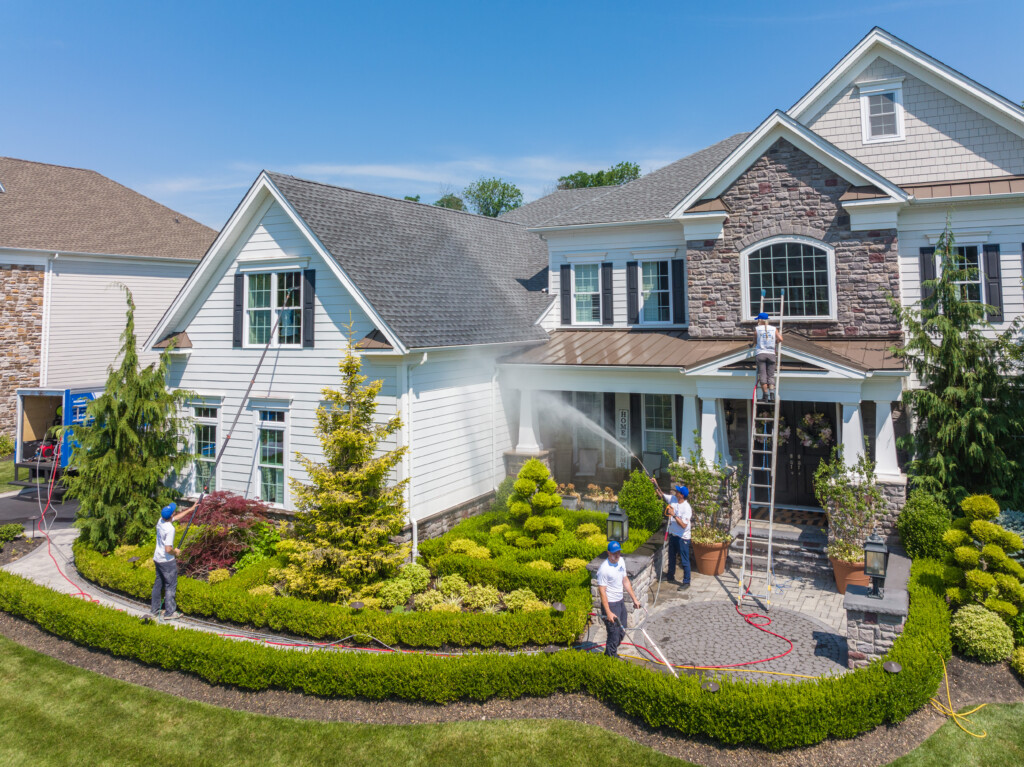
Home Power Washing
- Inspect Your Home: Walk around your home and look for any damages that might be exacerbated by a power wash. This might include cracked windows, loose siding, or weakened structures.
- Cover Outdoor Fixtures: Ensure outdoor light fixtures, electrical outlets, and landscaping features are covered to avoid damage from the high-pressure water spray.
- Seal Windows and Doors: Make sure that all windows and doors are properly sealed to prevent water from seeping into your home.
- Clear the Area: Move any furniture, plant pots, or other objects away from the areas you plan to power wash. This not only protects your belongings but also ensures you can clean without obstructions.
- Choose the Right Time: Consider the weather when planning your power washing. It’s best to choose a sunny day to allow your home to dry faster and prevent the growth of mold and mildew.
Following these steps will ensure you are prepared for a safe and efficient power washing session.
Different Types of Power Washers and Which One Works Best on Different Surfaces
When it comes to power washing, it’s crucial to understand that not all power washers are created equal. Different types of power washers are designed to tackle various cleaning tasks, and selecting the right one for the job can make a significant difference in the outcome. Here, we will discuss the most commonly used types of power washers and which surfaces they are best suited for:
- Electric Power Washers: Electric power washers are generally lighter, quieter, and easier to start. They work best for light-duty tasks such as cleaning patio furniture, grills, vehicles, and small decks. Their smaller size and lightweight design make them ideal for tasks that require a bit more finesse.
- Gas Power Washers: Gas power washers are more powerful and are typically used for larger, tougher jobs such as cleaning large decks, patios, exterior siding, and driveways. They are generally louder and heavier but can handle bigger tasks and cover larger areas in less time.
- Hot Water Power Washers: Hot water power washers are often used for tough industrial and farm tasks. The heated water can break down grease and grime, making it ideal for cleaning heavily soiled equipment, outdoor machinery, or barn exteriors.
- Cold Water Power Washers: Cold water power washers are the most common type of power washer and are perfect for everyday residential use. They can handle a variety of tasks, from cleaning home exteriors to removing dirt from fences or outdoor play equipment.

Home Power Washing
As a general rule, always remember to consult the user manual and to test a small, inconspicuous area before beginning a power washing project. This can help you ensure the power washer is suitable for the surface you’re cleaning and prevent unintentional damage.
Tips on Choosing the Right Pressure Washer
Selecting the right pressure washer requires careful consideration of your specific cleaning needs and the capabilities of the equipment. Here are some tips to guide you in making the right choice:
- Understand Your Needs: Determine what you’ll be using the pressure washer for. If you need it for small tasks, an electric pressure washer might be all you require. For larger jobs, you might need the power of a gas pressure washer.
- Check Pressure Ratings: Pressure washers are rated by the water pressure they produce, measured in pounds per square inch (PSI). Higher PSI means a more powerful spray, suitable for harder, more stubborn grime. Lower PSI units are best for lighter tasks.
- Consider Flow Rate: This is measured in gallons per minute (GPM) and determines how much water the unit uses. A higher GPM will clean more quickly, but it’ll also use more water.
- Assess the Features: Look at the extra features the pressure washer offers. Some models come with adjustable pressure, which can be handy for switching between different tasks. Others may come with various nozzles, detergent tanks, or even onboard storage for accessories.
- Keep Safety in Mind: Ensure the model you choose has essential safety features such as a safety lock on the trigger, thermal relief, and unloader systems to prevent overheating and over-pressure.
- Consider the Cost: While cost shouldn’t be the sole determining factor, it’s essential to consider whether the pressure washer offers good value for the price. Larger, more powerful models will be pricier, but they could save you time and effort in the long run.
Remember, the best pressure washer for your needs depends on what those needs are. Therefore, it’s crucial to understand your requirements first and then choose a pressure washer that can efficiently meet those needs.
DIY Versus Professional Power Washing – Pros and Cons
Deciding between DIY and professional power washing involves weighing the pros and cons of each method:
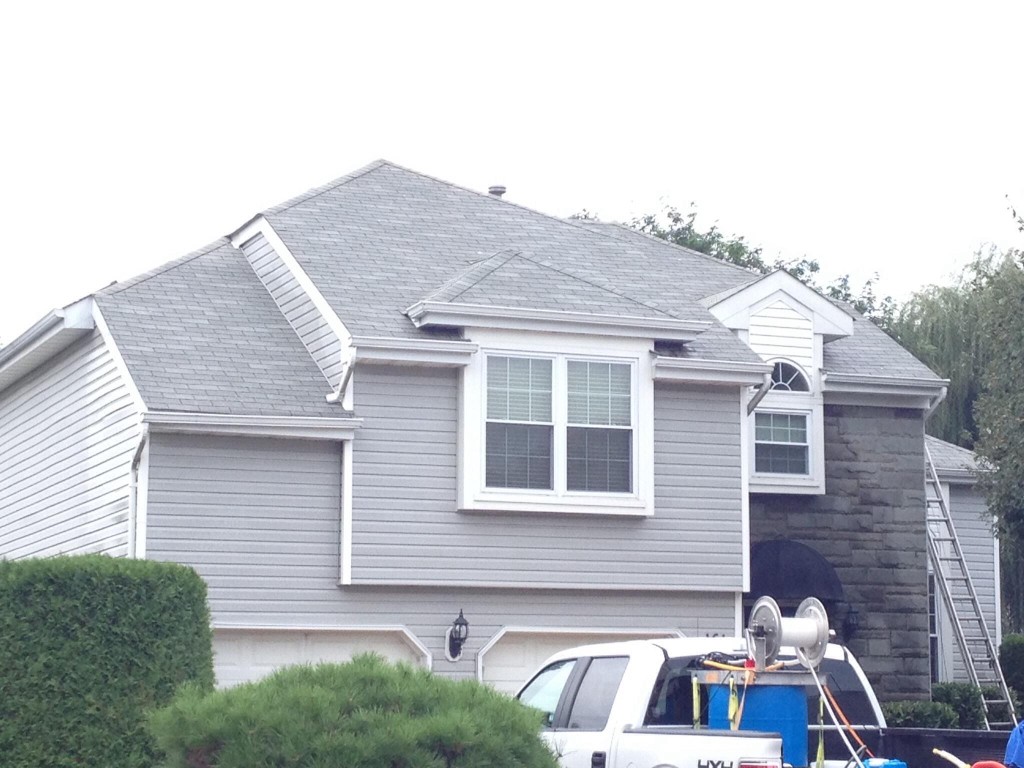
Home Power Washing
DIY Power Washing:
Pros:
- Cost-effective: Doing it yourself eliminates the need to hire a professional, saving you money.
- Flexible scheduling: You can choose when to power wash, without having to coordinate with a professional’s schedule.
Cons:
- Time-consuming: Learning to operate the equipment and doing the cleaning can be a lengthy process.
- Potential damage: Without proper training, you could unintentionally damage your property.
Professional Power Washing:
Pros:
- Expertise: Professionals have experience and training, ensuring the job is done efficiently and correctly.
- Advanced equipment: Professionals often have high-grade equipment which may be more effective at cleaning.
Cons:
- Cost: Hiring a professional power washing company can be more expensive than doing it yourself.
- Scheduling: You’ll need to schedule the service, which may not always match your preferred timing.
In summary, your decision should depend on your budget, availability, the complexity of the job, and your comfort level with operating the power washing equipment.
https://www.google.com/maps?cid=15022958533147568271
